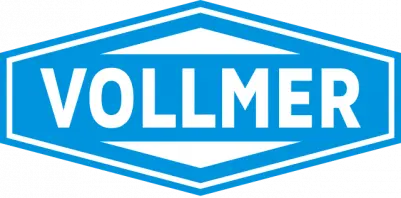A laser gauge is a non-contact measuring device that uses laser technology to determine the thickness, width, or profile of a material with high precision. In thickness measurement applications, laser gauges utilize dual-sensor triangulation to measure the distance from the sensors to the material’s surfaces and calculate the thickness.
How a Laser Gauge Works
Laser gauges operate using optical principles, typically triangulation or confocal measurement:
Dual-Sensor Triangulation Method
- Two laser sensors are positioned above and below the material.
- Each sensor projects a laser beam and detects its reflection.
- The system calculates thickness using the formula:
Thickness=Total Sensor Gap−(Distance to Upper Surface+Distance to Lower Surface) - Used in metal rolling mills, plastic extrusion, and strip processing.
Confocal or Interferometric Method
- A single laser measures thickness by analyzing light reflections from both the top and bottom surfaces.
- Ideal for transparent materials like glass, films, and coatings.
Features & Advantages of Laser Gauges
✅ Non-contact measurement – No wear and tear.
✅ High precision – Accuracy up to 0.5 µm per mm of thickness .
✅ Real-time data output – Integration into automated production lines.
✅ Material versatility – Works with metal, plastic, rubber, glass, and film.
Applications of Laser Gauges
🔹 Metal Strip & Sheet Processing – Thickness control in rolling mills.
🔹 Plastic & Rubber Industry – Monitoring extrusion thickness.
🔹 Glass & Film Production – Measuring thin and transparent materials.
Vollmer's VTLG Laser Thickness Gauges
Vollmer’s VTLG series offers high-precision, real-time, non-contact thickness measurement solutions for industrial applications.
